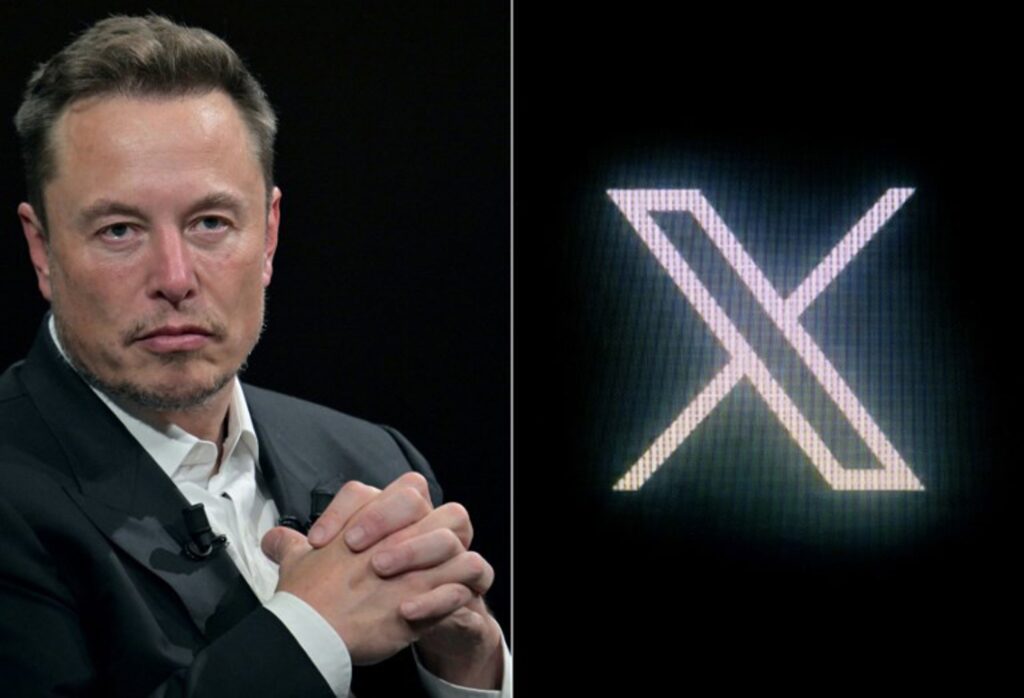EU regulators have called out X (formerly Twitter) for its blue tick system, which it says "deceives users" about the authenticity of accounts and the content with which they interact.
The Commission has made a preliminary finding that the social media platform is in breach of transparency rules contained in the Digital Services Act, which could result in a hefty fine for the platform recently acquired by billionaire Elon Musk.
It is the first time that the Commission has made a preliminary finding under the Digital Services Act since it fully came into force in February of this year. The Act is designed to regulate the activities of online platforms and how they moderate content, with the strictest rules for large platforms and search engines with more than 45 million users in the EU.
The first of the Commission's three grievances relates to the way X offers a blue tick for "verified accounts", which it says is not in line with industry practice, and "deceives users".
Previously, the blue tick next to user accounts on X indicated that their identity had been verified by the platform, and would typically be used by celebrities, politicians, or other individuals and organisations in the public eye.
Since the platform was acquired by Musk in 2022 – who made sweeping changes how it operates – the blue tick has been available to anyone who pays for a premium subscription.
EU regulators have said that since anyone can subscribe to obtain verified status, "it negatively affects users' ability to make free and informed decisions about the authenticity of the accounts and the content with which they interact." They confirmed that there is evidence of "motivated malicious actors" abusing the verified account system to deceive users.
Lack of transparency around advertising and public data
X has also failed to provide a "searchable and reliable" advertisement repository – one of the requirements of the Digital Services Act. The repository must provide details of all advertisements posted on the platform, as well as other information including who paid for them, and at which users they were targeted.
The Commission said that X has "put in place design features and access barriers that make the repository unfit for its transparency purpose," both for users as well as supervisory authorities.
Brussels has also taken up issue with the failure by Elon Musk's platform to make its public data available to researchers, in particular by prohibiting researchers from independently scraping data. The Commission pointed out that X also charges "disproportionately high fees" for researchers seeking to access its application programming interface (API).
X will now have the opportunity to review the case which EU regulators have compiled and offer a reply to the preliminary findings. In parallel, the European Board for Digital Services will be consulted.
The social media platform has the opportunity to offer commitments to the Commission as to how it can change its practices to comply with the Digital Services Act, which the EU can make legally binding.
Related News
- New X users will have to pay to post messages, says Musk
- Elon Musk's X is turning into a porn website, says Belgian regulator
- 'Twexit': CD&V leader Sammy Mahdi quits X over 'racist rubbish'
Alternatively, if X proposes commitments which the Commission deems insufficient (or makes no commitments at all and fails to convince regulators that it is already compliant), EU regulators could rule that the platform is in breach of the Digital Services Act and hand down a hefty fine of up to 6% of global annual turnover, as well as an order to take measures to address the breach.
EU regulators first launched an investigation into X's compliance with the Digital Services Act in December 2023. A separate arm of the investigation relates to how X moderates illegal content, for which the Commission has not yet published its preliminary findings.
Other large online platforms are also the subjects of ongoing investigations by the Commission under the Digital Services Act, including TikTok, AliExpress, and Meta.

